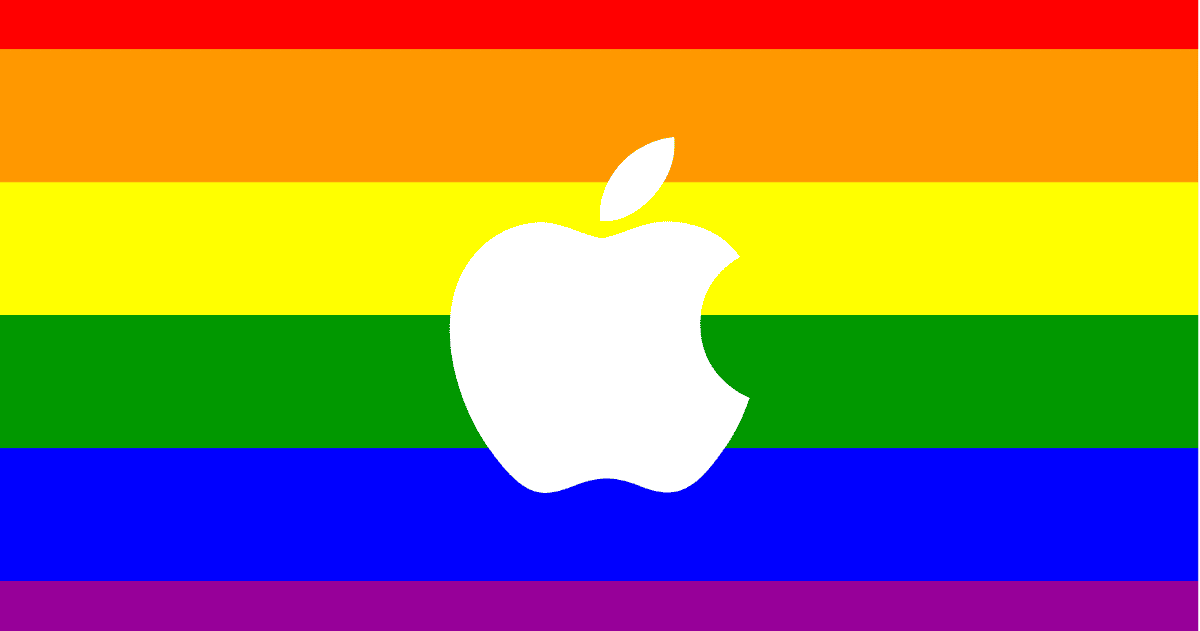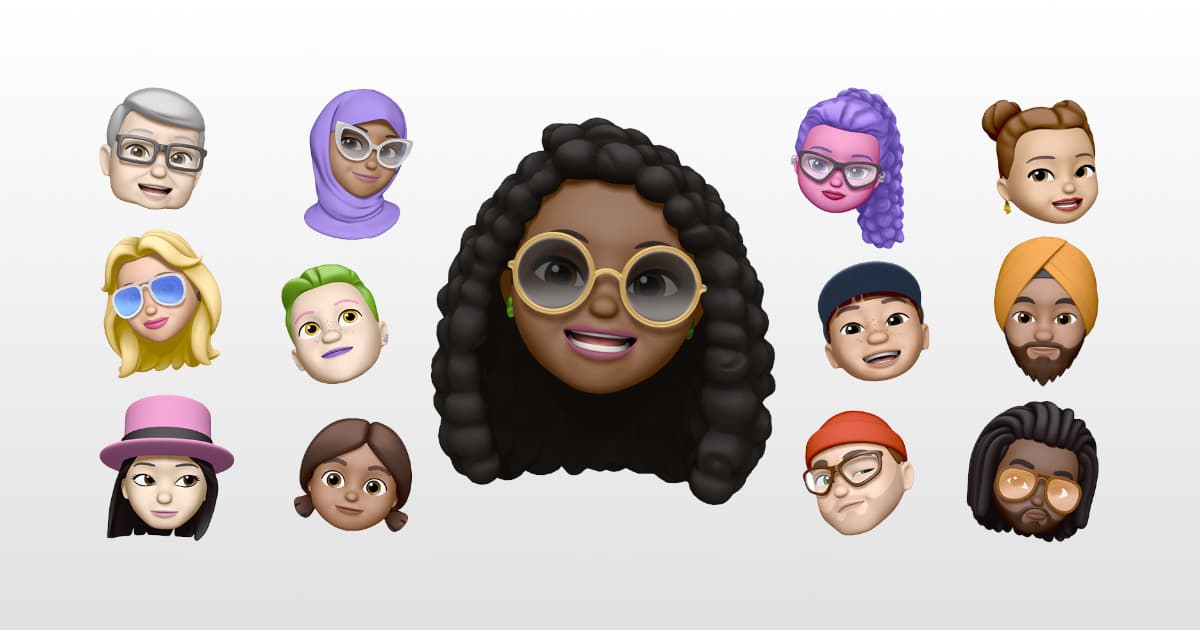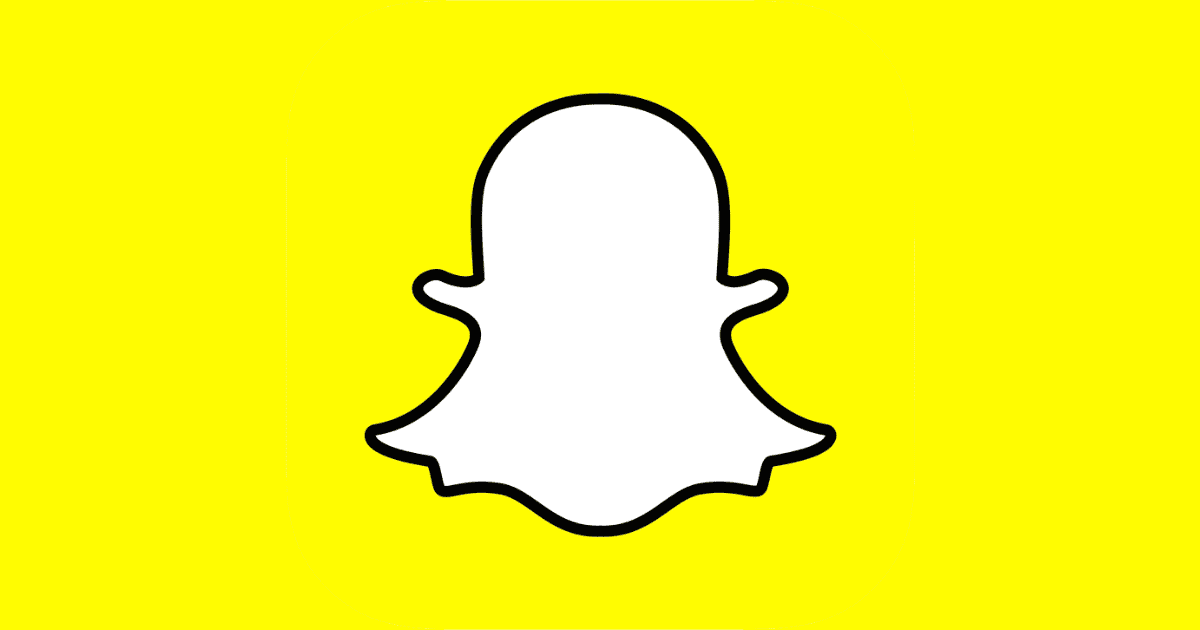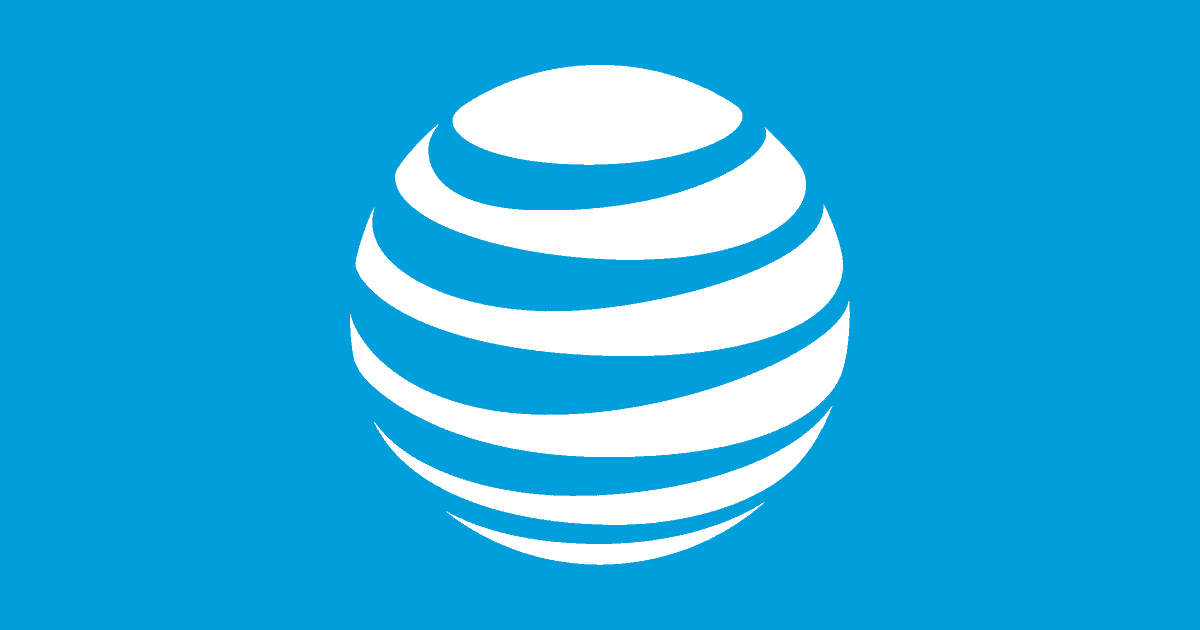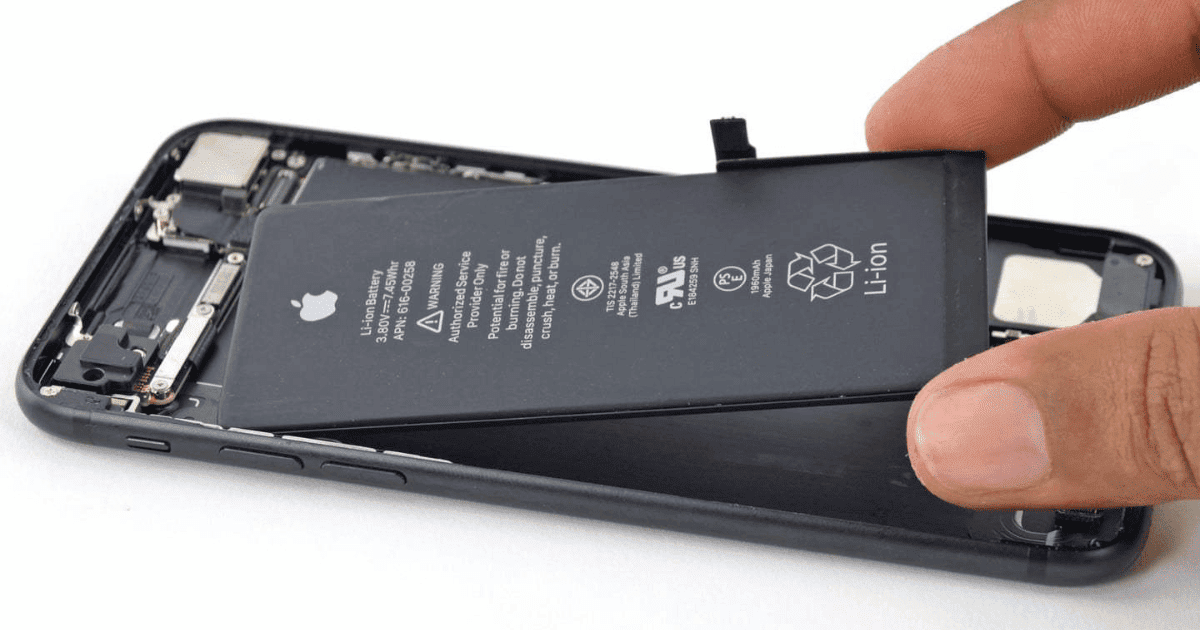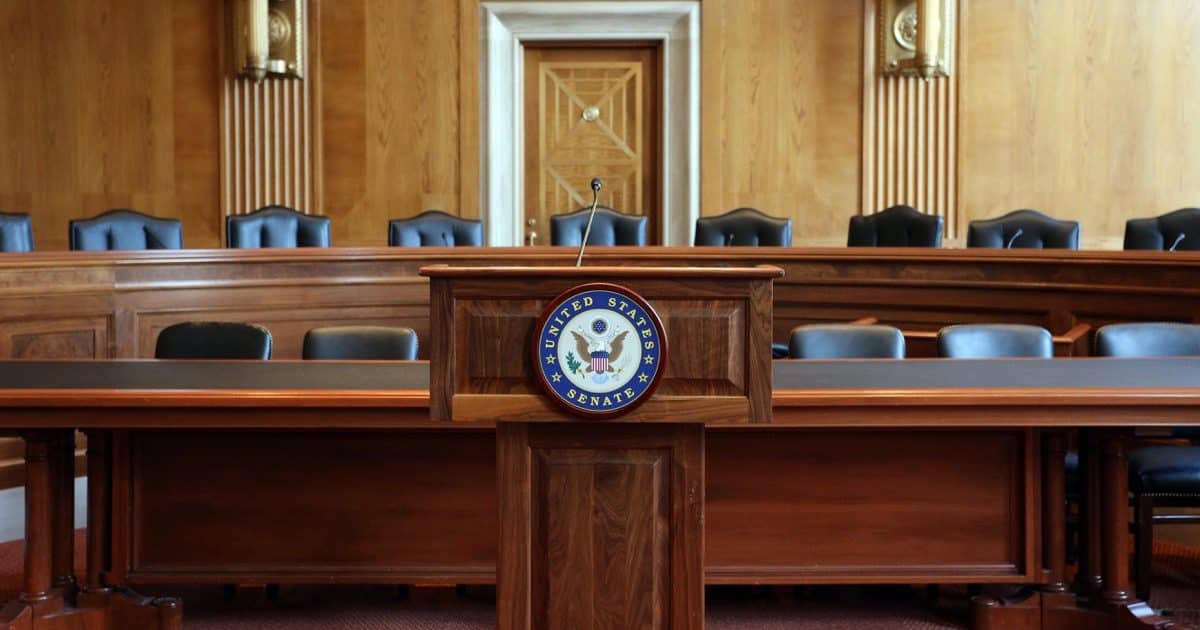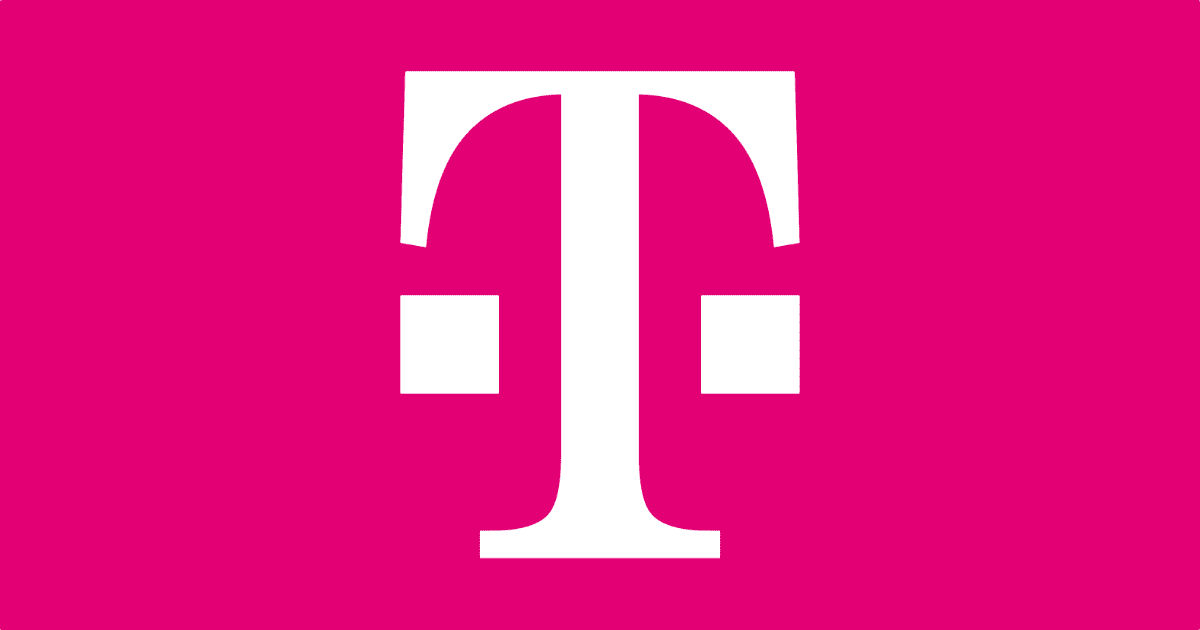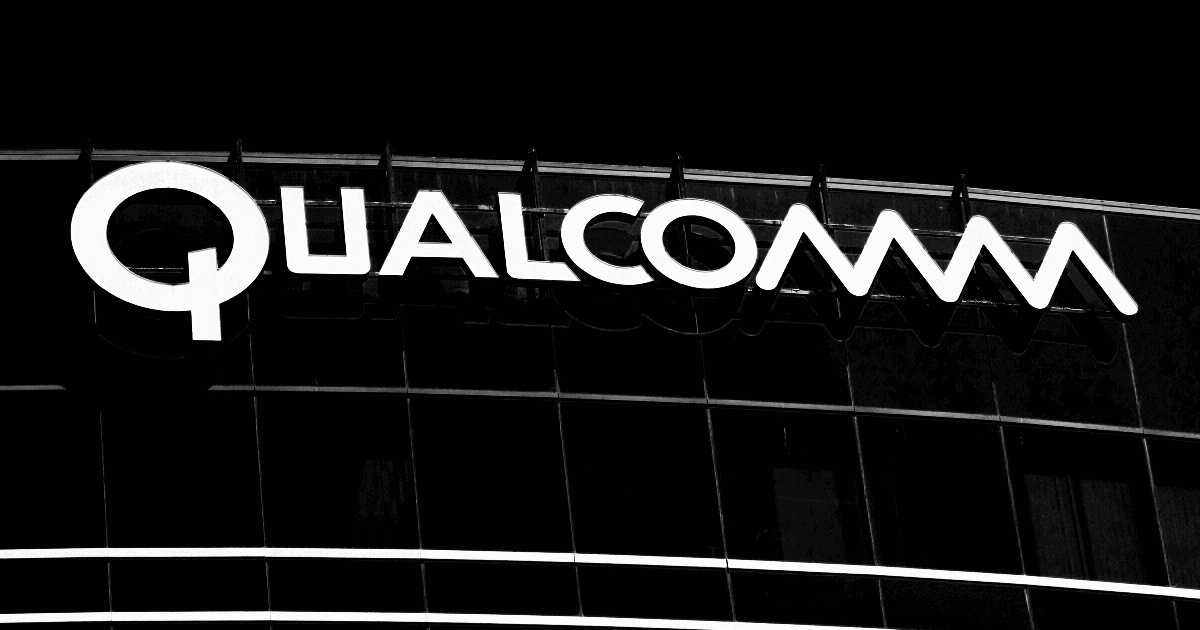A Russian man is suing Apple for US$15,300 over allegations that using his iPhone turned him gay because of the cryptocurrency Gay Coin.
legal
Apple Sued Over Memoji Registered Trademark
Social Technologies LLC filed a lawsuit against Apple today, saying that it owns the federal registration for the word Memoji in the U.S.
Facebook Abuses Collected in Snap's 'Project Voldemort'
Snap, the parent company of Snapchat, reportedly has a dossier of anticompetitive behavior Facebook carried out over the years, dubbed Project Voldemort.
According to the WSJ, Snap’s legal team recorded instances where Facebook discouraged prominent social media influencers with a presence on multiple platforms from mentioning Snap on their Instagram accounts. Snap executives also suspected Facebook was suppressing content that originated on Snap from trending on Instagram, when such content was shared there.
The United States Sues Edward Snowden Over Book
Edward Snowden recently published a book called Permanent Record. The United States filed a civil lawsuit against him and his publisher, saying that he violated nondisclosure agreements because he didn’t submit the book to the CIA and NSA for pre-publication review.
The United States’ lawsuit does not seek to stop or restrict the publication or distribution of Permanent Record. Rather, under well-established Supreme Court precedent, Snepp v. United States, the government seeks to recover all proceeds earned by Snowden because of his failure to submit his publication for pre-publication review in violation of his alleged contractual and fiduciary obligations.
Hotel Lobbyists Fight Airbnb by Undermining the Internet
Hotel lobbyists don’t like Airbnb and its competition, so they’re introducing a bill to amend Section 230 of the Communications Decency Act.
And they’re not just focused on pushing this loophole for Airbnb. It appears they’re going all in on stripping Section 230 protections from any internet service hosting 3rd party content. As part of this, they recently released what can only be described as a push poll to mislead people about Airbnb, the laws around these issues, and Section 230. Each question in the poll is at best actively misleading and at worst, completely bullshit.
Fake AI Voice Revealed in March Cybercrime Case
A fake AI voice was used to impersonate a CEO’s voice to demand a fraudulent transfer of US$243,000. No suspects have been found yet.
India Just Passed a Law That Will Help Apple
As part of a new proposal, India said that single-brand retail companies like Apple can open online stores before they set up physical stores in the country.
This would allow Apple, which has yet to set up retail stores in the country, to start selling a range of products through its own online store. Currently, Apple sells its products in India through partnered third-party offline retailers and e-commerce platforms such as Amazon India, Flipkart and Paytm Mall.
India is Apple’s next—and perhaps last—country for big potential growth in the electronics market. Keep a close eye on this relationship in the future. I expect Apple to build data centers and other resources in the country, if they don’t have such things already.
Apple Sues Corellium Over Virtual iOS Copies
Corellium is a mobile device virtualization company that offers iOS and Apple’s apps in the cloud. Apple is suing the company for damages.
iCloud Lawsuit Says Terms of Service are Misleading
Two Apple users have filed a class action iCloud lawsuit against the company for misleading terms of service.
How to Reject the Apple Card Arbitration Provision
Redditor u/choledocholithiasis discovered an Apple Card arbitration provision in Goldman Sachs’ customer agreement. Here’s how to reject it.
AT&T Employees Took Bribes to Compromise Network
The DoJ charged a Pakistani man with bribing AT&T employees to install malware on the company’s network and unlock customer devices.
Apple Faces Another Lawsuit Over iPhone Throttling
Apple faces another class action lawsuit over the iPhone throttling fiasco starting in January 17 filed on behalf of 18 people.
Counterfeit iPhone Smuggler Gets Three Years in Prison
iPhone smuggler Jianhua “Jeff” Li was sentenced to three years in prison after being convicted of smuggling 40,000 iPhones into the U.S.
Apple Summoned to Capitol Hill to Testify on Antitrust
Apple and other tech companies have been summoned to Capitol Hill to testify on antitrust in front of the House Judiciary Committee.
Engineer Yi-Chi Shih Faces Prison for Smuggling US Military Chips to China
Yi-Chi Shih, an electrical engineer, faces up to 219 years in prison for smuggling U.S. military chips to China.
Florida Judge Sides With Matthew Pollard Over iPhone Passcode
A Florida appeals court sided with Matthew Pollard, a defendant who refused to give police his iPhone passcode (via Orlando Weekly). Passcodes Matthew Pollard was charged in an armed robbery of two victims who thought they were buying drugs. Mr. Pollard was accused of providing a firearm and had communicated with co-defendants through texts. During this…
How Surveillance Affects the Legal System: A Judge’s View
We often read about surveillance from the perspective of us, the users, or technology companies. Here is a judge’s view on it.
Congress is way behind in determining how far the police can go in using technology to invade people’s privacy, and many of the legal disputes arising from this collision have not reached the Supreme Court. For the public, as a practical matter, the rules of the road are being decided by prosecutors. Your privacy is not their highest priority.
I think that’s ultimately the heart of the matter: We have a technologically-inept government.
10 States Sue to Stop Sprint, T-Mobile Merger
Ten states filed a lawsuit today to stop the Sprint and T-Mobile merger, saying consumers will be hurt due to reduced competition.
To Increase Bills Comcast Broke Law 445,000 Times
A judge recently ruled that Comcast violated Washington state consumer protection law 445,000 times.
The court found that Comcast added the SPP to the accounts of 30,946 Washingtonians without their knowledge, and did not tell an additional 18,660 Washingtonians the true cost of the plan. The court ordered Comcast to refund affected consumers, and pay 12 percent interest on the restitution. The amount of restitution is unknown at this time, but is expected to be significant. The court ordered Comcast to issue the refunds within 60 days and report to the state on the specific details and amounts.
Comcast is being fined a paltry US$9 million for this. Put another zero on it, then we can talk.
An Inside Look at the Qualcomm Monopoly Ruling
Timothy Lee did a nice deep dive into the 233-page Qualcomm monopoly ruling from Judge Lucy Koh. I’ve heard hot takes of the settlement between Apple and Qualcomm that suggested maybe Apple knew it was going to lose and gave up. But Judge Koh ordered Qualcomm to renegotiate with its customers.
The legal document outlines a nearly 20-year history of overcharging smartphone makers for cellular chips. Qualcomm structured its contracts with smartphone makers in ways that made it almost impossible for other chipmakers to challenge Qualcomm’s dominance. Customers who didn’t go along with Qualcomm’s one-sided terms were threatened with an abrupt and crippling loss of access to modem chips.
In her ruling, Koh ordered Qualcomm to stop threatening customers with chip cutoffs. Qualcomm must now re-negotiate all of its agreements with customers and license its patents to competitors on reasonable terms.
American Law Institute Votes on Rollback of Consumer Privacy
The American Law Institute (ALI) will vote tomorrow on a proposal that would make it easier for companies to bind you to contracts, even without visiting the website.
If you’re like most people, you’ve probably clicked “I agree” on many online contracts without ever reading them. Soon you may be deemed to have agreed to a company’s terms without even knowing it. A vote is occurring Tuesday that would make it easier for online businesses to dispense with that click and allow websites that you merely browse — anything from Amazon and AT&T to Yahoo and Zillow — to bind you to contract terms without your agreement or awareness.
Van-Seyla Mork Pleads Guilty to $1 Million Apple Scam
This week Van-Seyla Mork of Kalamazoo, Michigan pleaded guilty to a US$1 million Apple scam. He filed fraudulent complaints to Apple customer support.
Apple Wins Group FaceTime Lawsuit Over Bug
In January Apple released an iOS update that enabled Group FaceTime. There was a security flaw with it that Apple was sued over.
New Federal Bill Would Outlaw Video Game Loot Boxes
Under federal legislation proposed by Republican Sen. Josh Hayley (Mo), video game loot boxes would be prohibited.
Hawley’s proposed bill, outlined Wednesday, covers games explicitly targeted to players under age 18 as well as those for broader audiences where developers are aware that kids are making in-game purchases. Along with outlawing loot boxes, these video games also would be banned from offering “pay to win” schemes, where players must spend money to access additional content or gain digital advantages over rival players.
I think this is a good move. Companies like EA would have to make good games again, instead of relying on a player’s “sense of pride and accomplishment.”
